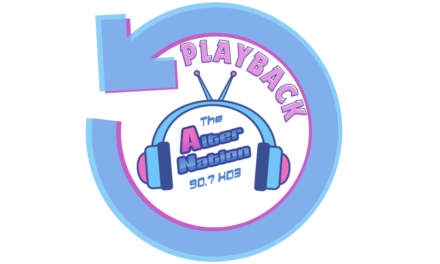Photo by Francesco Gallarotti on Unsplash
Introduction
Urban farming has become an innovative approach to sustainability, particularly on college campuses where space and community engagement are abundant. At Gulf Coast State College, this practice has evolved into a vibrant project that combines the cultivation of ornamental flowers with food production, enriching both the aesthetic appeal and the practical benefits of the campus environment. As a seasoned farmer and farming consultant with extensive experience on large legal cannabis farms, my transition to promoting urban farming at a college setting offers unique insights into how these practices can be adapted for educational and community benefits.
Background and Context
Gulf Coast State College, located in a region where agriculture plays a significant role, has embraced urban farming as a way to engage students, faculty, and the local community in sustainable practices. Urban farming on campus not only provides educational opportunities but also contributes to local food security and enhances the campus’s visual appeal with ornamental flowers. My background in legal cannabis and hemp farming, where precision in cultivation, understanding of plant genetics, and efficient use of space are paramount, directly translates to this setting. Cannabis farming requires meticulous care in terms of soil health, water usage, and pest management, skills that are equally applicable and beneficial in urban farming for food and flowers.
Who: The primary participants are students, faculty, and staff of Gulf Coast State College, along with community volunteers who are interested in sustainable practices and local agriculture.
What: The project involves the cultivation of both edible crops like vegetables, herbs, and fruits, alongside ornamental flowers that beautify the campus. This dual focus not only serves practical nutritional needs but also enhances the campus’s aesthetic environment.
Where: The farming takes place in various designated areas around the campus, utilizing unused spaces such as rooftops, and small plots near buildings. This strategic use of space reflects my experience in maximizing yield from limited areas.
When: The project is ongoing, with planting seasons aligned with local climate conditions to optimize growth. Educational workshops and community events are scheduled throughout the academic year to involve the campus community actively.
Why: The initiative aims to educate about sustainable agriculture, promote local food production, and provide a therapeutic and educational environment through the cultivation of flowers. My experience in cannabis farming, where the end goal is both medicinal and recreational, parallels this dual-purpose approach in urban farming.
Implementation and Educational Value
In implementing this project, we draw parallels from cannabis cultivation where controlled environments, water use, and soil management are critical. Drip irrigation systems are employed here to ensure that both food crops and flowers receive precise hydration. Similarly, the use of organic fertilizers and pest control methods helps maintain the health of our urban farm. The educational aspect is robust, with courses and workshops tailored to teach students about botany, horticulture, and even the business aspects of farming. This mirrors the education I received in the legal cannabis industry.
Challenges and Solutions
One of the challenges in urban farming, is space limitation. However, this has been addressed by innovative use of vertical farming techniques for flowers and utilizing small, underused campus areas for food crops. Another challenge is maintaining interest and involvement.
Conclusion
Urban farming at Gulf Coast can not only serve as a practical demonstration of sustainable living but also as a bridge between traditional agriculture and modern educational needs. My transition from cannabis farming to this educational platform showcases how skills from one specialized area can significantly benefit another. This initiative not only educates but also inspires, proving that urban farming can thrive in educational settings.
Paul Lomond
Student Writer - Spring 2025








